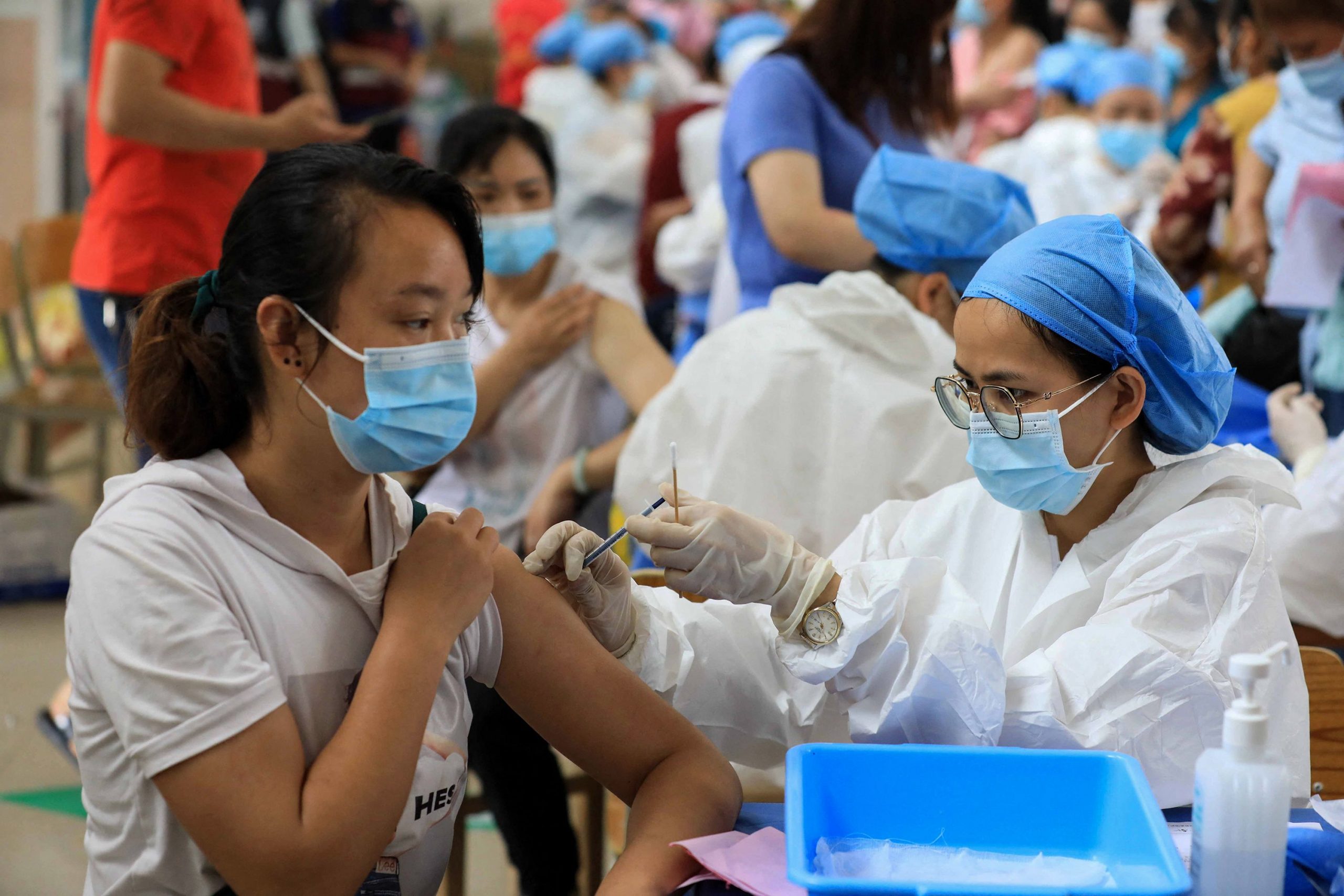CNN is launching the Meanwhile in China newsletter on June 21, a three-times-a-week update exploring what you need to know about the country’s rise and how it impacts the world.
Within days, China will reach a staggering 1 billion doses in its Covid-19 vaccination drive — a scale and speed unrivaled by any other country in the world. As of Wednesday, China had administered more than 945 million doses — three times the number delivered in the United States, and almost 40% of the 2.5 billion shots given globally. The number is all the more remarkable given its rollout had a slow start. China only reached its first million doses on March 27 — two weeks behind the US. But the pace picked up significantly in May, with more than 500 million shots given over the past month, according to data from China’s National Health Commission.
On Tuesday alone, it administered more than 20 million doses. At that rate, it is likely to exceed 1 billion doses this weekend. Vaccinating a country of 1.4 billion people against Covid-19 is a massive undertaking. Due to China’s successful containment of the coronavirus, many residents initially saw little urgency in getting vaccinated. A history of safety scandals involving domestic vaccines also contributed to public hesitancy. But several recent local outbreaks, including in the northern Anhui and Liaoning provinces and Guangdong in the south, have fueled fears of infection, prompting a rush to get vaccinated in affected regions. For those still reluctant, China has a powerful tool in its arsenal: a top-down, one-party system that is all-encompassing in reach and forceful in action, and a sprawling bureaucracy that can be swiftly mobilized.
The top-down approach has been touted by officials as a strength of the Chinese system that helped curb the virus — and has again been deployed to accelerate inoculations. The all-out campaign to “vaccinate all who can be vaccinated” is being carried out across the country, in major cities and tiny villages alike, with government workers descending on neighborhoods to convince people to get vaccinated. In state-owned companies, meanwhile, employees are urged by their bosses to take the shots, while vaccination sites offer benefits, ranging from shopping vouchers to free groceries and ice cream.
-CNN


